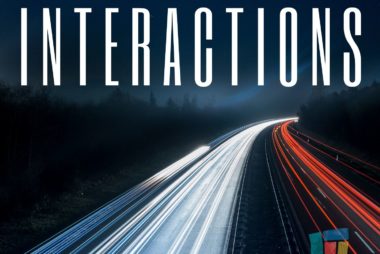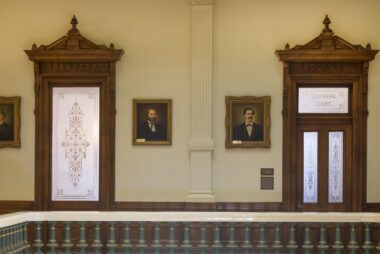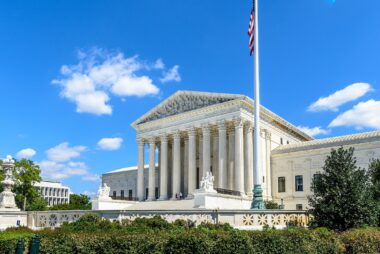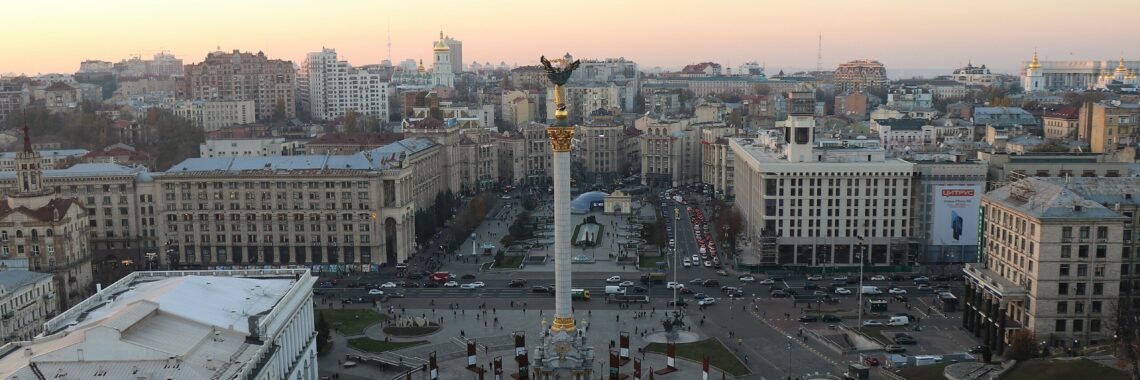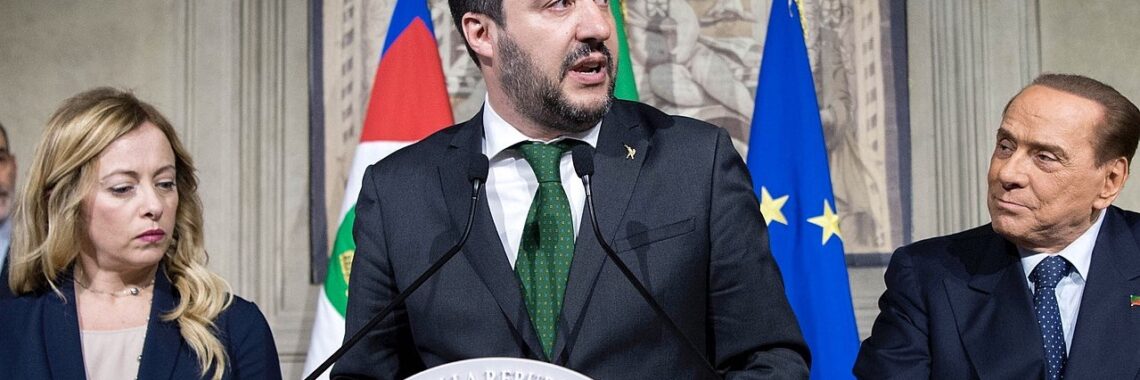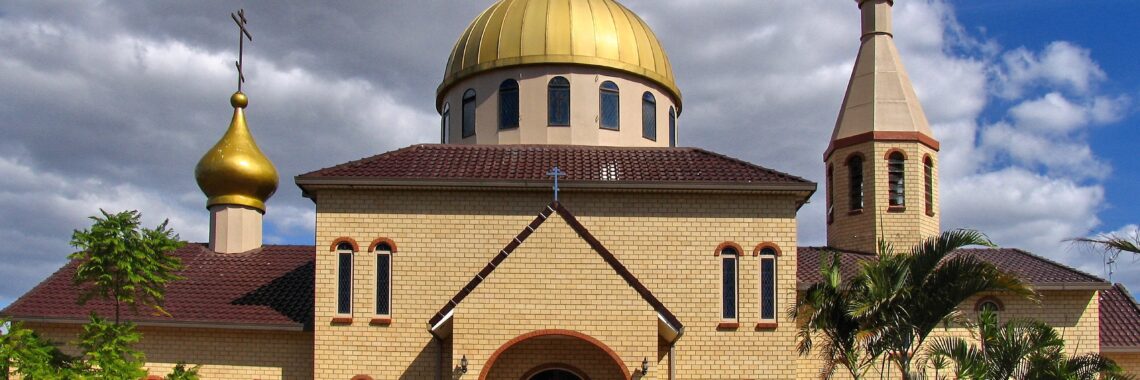“Religious Freedom in Ukraine: Can we move on from misleading election narratives?” by Dmytro Vovk and Elizabeth A. Clark
Maidan Nezalezhnosti in Kiev, Ukraine by Juan Antonio Segal (CC BY-SA 4.0). This article is part of our series on Transnational Christian Nationalism, and its impact on politics, the rule of law, and religious freedom. If you’d like to explore other articles in this series, click here. Post-election, no one in the U.S. or abroad is entirely…



